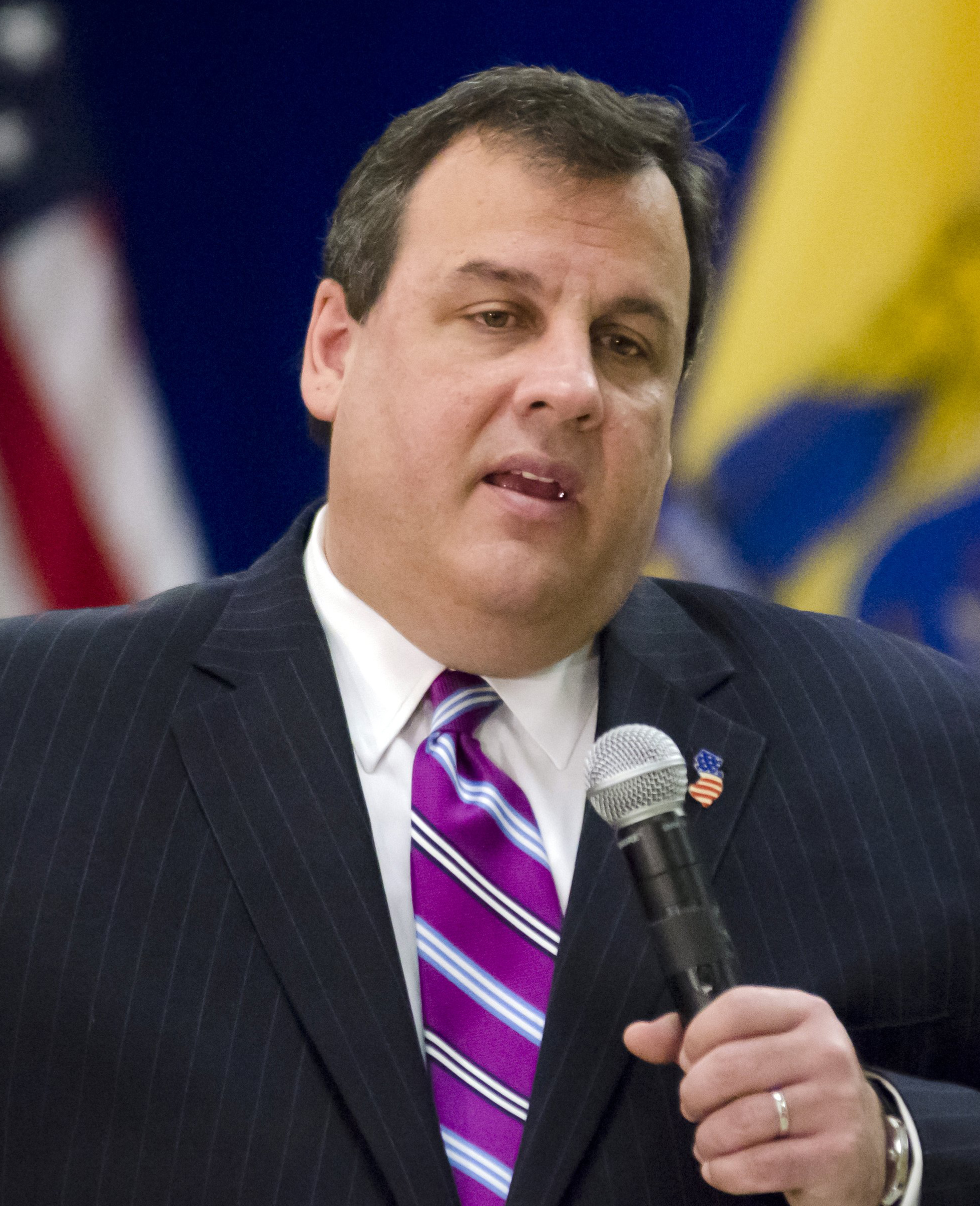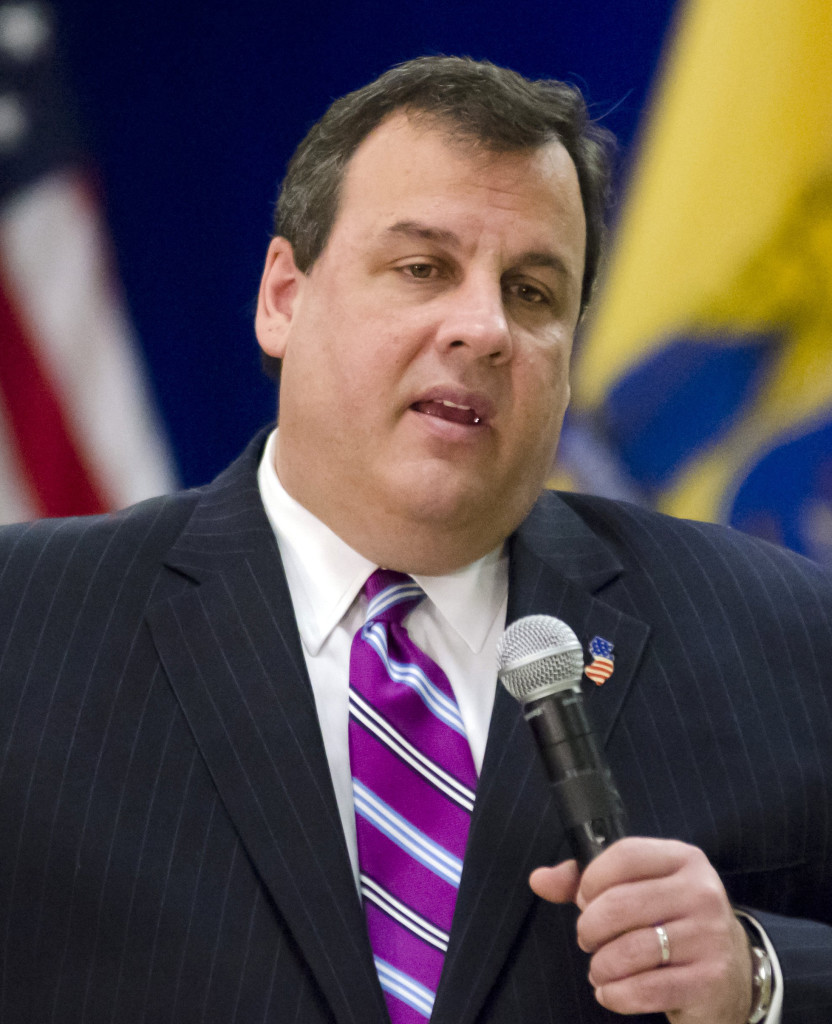Pension360 yesterday covered the quirk in New York law that allows lawmakers to file for retirement, collect a pension, but stay in office and continue collecting their normal salary, as well.
Nine lawmakers filed for “retirement” this year. But on Tuesday, one of those lawmakers explained what his motivations were for taking advantage of the legal loophole.
New York State Sen. John DeFrancisco explains his motivations:
“A state statute that was enacted long before I was first elected to the Senate allows state employees who are 65 or older to retire and also earn an income in a state position. This applies to all state employees.
In the past, many state employees, including legislators, have retired and continued to work in state government. I was eligible to do so three years ago, but chose not to. This year, I decided to file for retirement.
If I did not file and died while in office, my wife of 46 years would not receive my valuable retirement that I have earned over the last 37 years. Instead, she would receive a modest lump sum benefit. The older I have gotten, the more I have come to understand that I cannot risk depriving my spouse of what she is entitled to, and what I have earned.
Granted, I could simply retire and not serve any longer. However, now that Republicans have regained control of the State Senate, Central New York would be better served by my returning to my Senate seat, as a majority member and Chairman of the Senate Finance Committee.
So in balancing these factors, I decided to file my retirement papers, effective January 1, 2015, and to continue to serve in the State Senate.”
Read more about the law here.
Photo by Tim (Timothy) Pearce via Flickr CC License





